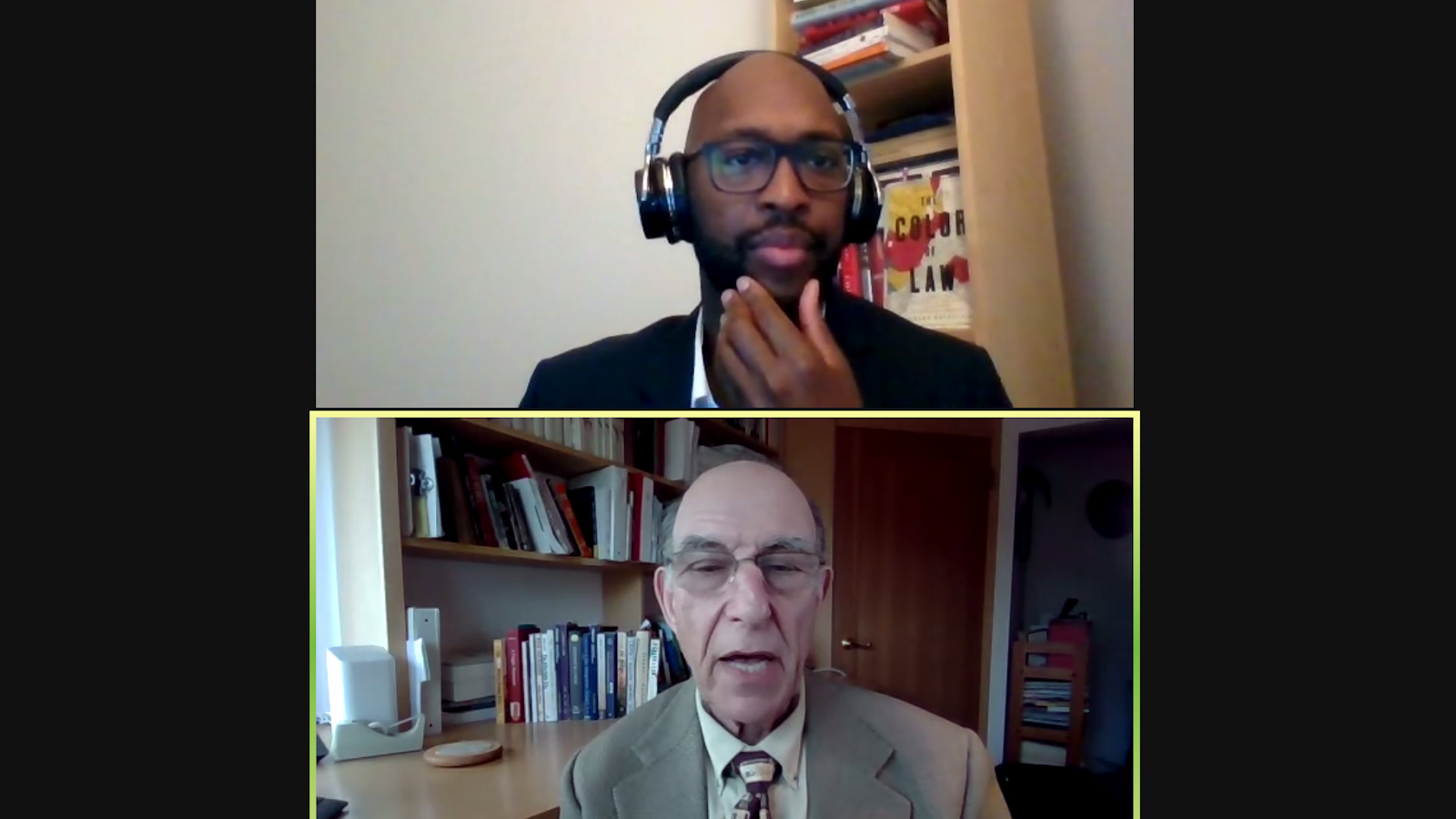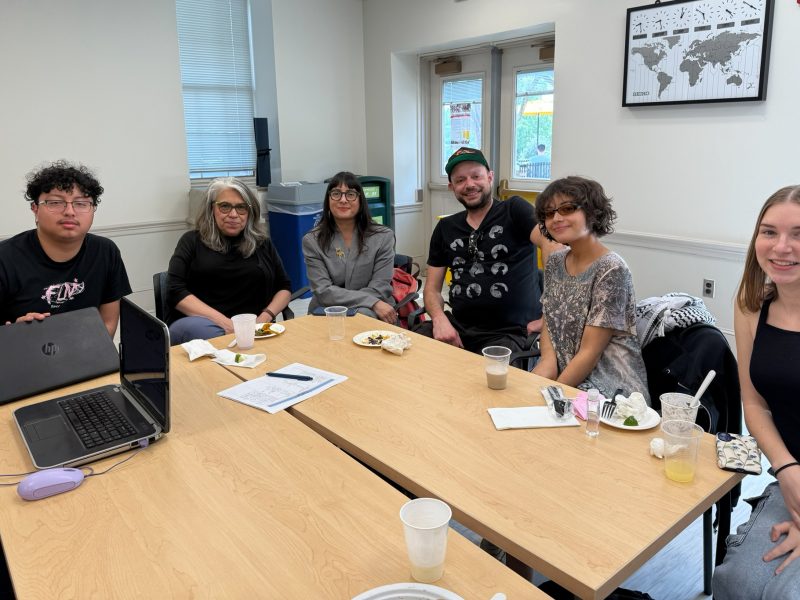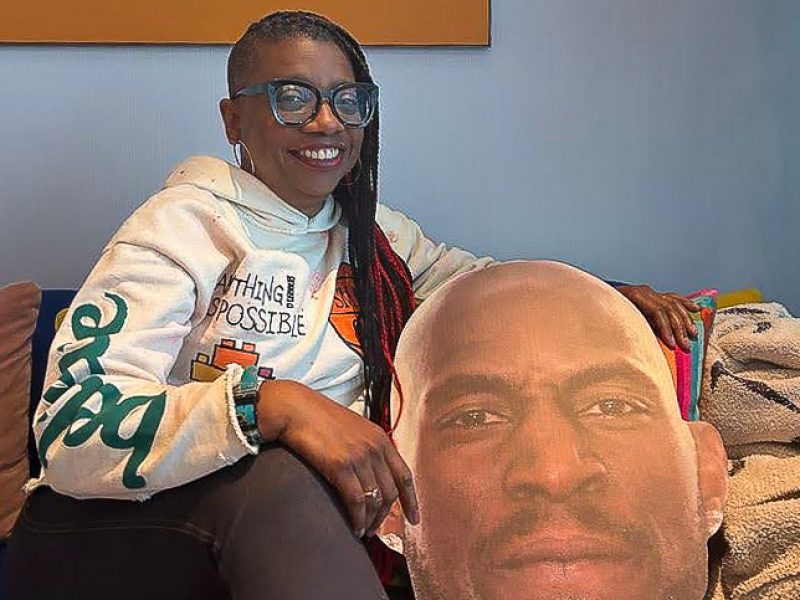This summer I started reading segments of Richard Rothstein’s book The Color of Law: A Forgotten History of How Our Government Segregated America, and I came to realize something I always subconsciously knew: The American public school system was deeply flawed, in ways too sinister to understand on a surface level. An examination of the government’s role in segregation and the consequences, Rothstein’s book is an important account of history that everyone should read as a part of their education.
Rothstein joined the public policy school Wednesday morning for a webinar to discuss his book’s main points: housing segregation and its effects on Black communities.
Rothstein said he became interested in the topic of segregation while looking at a 2007 U.S. Supreme Court case, Parents Involved v. Seattle School District. After reading this case, and understanding that school segregation was based on neighborhood segregation, he recalled an incident in Louisville, Kentucky, in which an angry white mob surrounded the home of an African American Navy veteran in a white suburb. The mob, he said, was protected by the police who made no effort to stop the violence.
“I said to myself, this doesn’t sound to me much like de facto segregation if the police, the criminal justice system, the prosecutors are all lined up in an effort to maintain the racial boundaries of Louisville,” Rothstein said.
This wasn’t an isolated incident, there were hundreds of cases in many cities of mob violence protected by the police toward Black homeowners.
“They were civil rights violations that we have an obligation as American citizens to remedy, and we’ve never accepted that obligation,” he said.
Rothstein dove into the history of suburbanization and housing segregation, which was created under unconstitutional and racially explicit federal programs.
[Sondra Segundo discusses culture and storytelling at Indigenous history webinar]
He exemplified the myth of de facto segregation — or segregation upheld by societal difference — with the case of Levittown, New York, a neighborhood in which the Federal Housing Administration and Veterans Affairs prohibited the resale or renting of houses to African Americans. Many suburbs exactly like this were built after World War II and created what Rothstein called a “white noose” around metropolitan areas in this country.
“This notion of de facto segregation, as they say, is utter nonsense,” Rothstein said.
He then talked about how these unconstitutional housing policies caused a huge wealth gap due to the money white people gained from their homes — opportunities which Black people were completely barred from. He said Black household wealth is only about 5 percent of white wealth.
This wealth gap is what Rothstein cites as the reason for the social problems facing Black people today, such as the achievement gap, police brutality, mass incarceration and lower life expectancy.
However, what frightens Rothstein the most is the polarization segregation has caused.
“How can we ever expect to develop the common national identity that we need to preserve this democracy if so many African Americans and whites live so far from each other, that we have no ability to empathize with each other, no ability to understand each other’s life experiences, no ability, as I say, to develop a common national identity,” he said.
[Women in Music’s president discusses upcoming 35th anniversary]
The problem, however, is not that people don’t know policies that will remedy this disparity, said Rothstein. The problem is taking action.
“What’s needed is a new civil rights movement that’s going to make it uncomfortable not to implement policies to redress segregation,” Rothstein said.
Rothstein concluded his webinar by suggesting attendees should join the National Committee to Redress Racial Segregation, a program he was working on launching before the COVID-19 pandemic. He also suggested reading his book to learn about the unconstitutional policies that have always kept a system of discrimination in place.
The final way Rothstein suggested widening the understanding of this history is by giving schools new textbooks and curriculums that don’t spread myths about de facto segregation, slavery or the Jim Crow era to ensure the next generation is taught properly.
“If the next generation doesn’t learn this history any better than our generation has learned it, they’re going to be in this poor position to accept the obligation to remedy it, as our generations have been,” Rothstein said.



